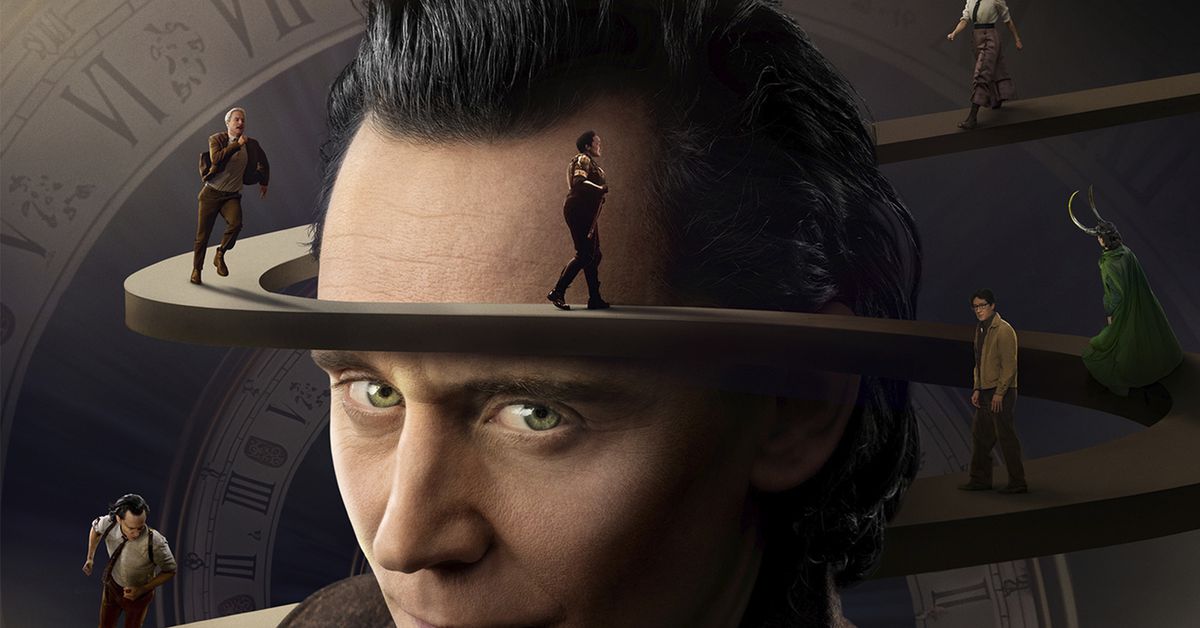Disney’s Loki faces backlash over reported use of generative AI / A Loki season 2 poster has been linked to a stock image on Shutterstock that seemingly breaks the platform’s licensing rules regard…::A promotional poster for the second season of Loki on Disney Plus has sparked controversy amongst professional designers following claims that it was created using generative AI.



There’s no copyright issues to avoid. Stable Diffusion is not suddenly illegal based on the images it trains on. It is a 4GB database of weights and numbers, not a many petabyte database of images.
Furthermore, Shutterstock cannot copyright their own AI-generated images, no matter how much they want to try to sell it back for. That’s already been decided in the courts. So, even if it’s their own images its trained on, if it was fully generated with their own AI, anybody is free to yank the image from their site and use it anywhere they want.
This is a dying industry trying desperately to hold on to its profit model.
Here we get the very crucial definition between “legal” and “moral”.
It is not currently illegal to build a “database of weights and numbers” by crawling arts and images without permission, attribution or compensation, for the express purpose of creating similar works to replace the work of the artists whose artworks were used to train it and which they rely on to make a living.
That doesn’t mean that it shouldn’t be legislated.
Really not a fan of this “dying industry” talk in light of this.
It is morally right to be able to use others’ copyrighted material without permission. For analysis, criticism, research, satire, parody and artistic expression like literature, art, and music, In the US, fair use balances the interests of copyright holders with the public’s right to access and use information. There are rights people can maintain over their work, and the rights they do not maintain have always been to the benefit of self-expression and discussion. It would be awful for everyone if IP holders could take down any review, reverse engineering, or indexes they didn’t like. That would be the dream of every corporation, bully, troll, or wannabe autocrat. It really shouldn’t be legislated.
AI training isn’t only for mega-corporations. After we’ve gone through and gutted all of our rights and protections like too many people want to do, we’ll have handed corporations a monopoly of a public technology by making it prohibitively expensive to for us to keep developing our own models. Mega corporations will still have all their datasets, and the money to buy more. They might just make users sign predatory ToS too, allowing them exclusive access to user data, effectively selling our own data back to us. People who could have had access to a corporate-independent tool for creativity, education, entertainment, and social mobility would instead be worse off with fewer resources and rights than they started with.
I recommend reading this article by Kit Walsh, a senior staff attorney at the EFF if you haven’t already. The EFF is a digital rights group who most recently won a historic case: border guards now need a warrant to search your phone.
You should also read this open letter by artists that have been using generative AI for years, some for decades. I’d like to hear your thoughts.
If that’s correct, then it’s even more understandable why they wouldn’t want an avalanche of pictures anyone can use for free on their service of selling pictures.
I don’t get what your point is. Are you trying to generate images with Stable Diffusion and upload them to Shutterstock? Because that’s the only situation when the thing you’re complaining about applies. Nobody is stopping you from generating images and using them. What they are doing is preventing you from generating them and then trying to profit from them on the Shutterstock platform, unless you use their tools. Why is this an issue, in your opinion?